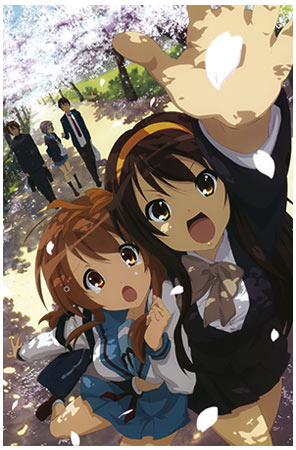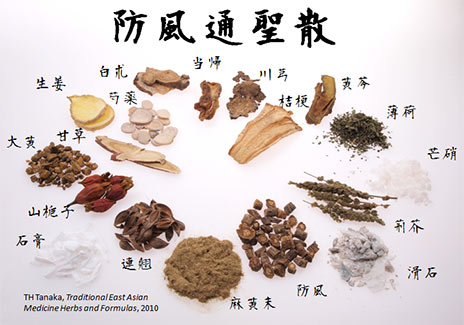With any language, there are certain words that are guaranteed to cause problems for foreigners — our brains excel at looking for patterns based on what we already know, which can be a bad thing when processing information that’s new. Some of the more famous linguistic slip-ups in Japanese include mixing up kawaii (cute) and kowai (scary), kirei (pretty, clean) and kirai (hate), konyaku (a wedding engagement) and konyoku (mixed male/female bathing), or anko (sweet beans, see above) and unko (er, poop). Of course Dr. Freud is never far away when speaking a foreign language in a social setting, and I avoid ordering mango juice (too close manko, the only really “bad” word in Japanese) and saying the Japanese title of The Disappearance of Haruhi Suzumiya (消失 shoushitsu “disappearance” is similar to 喪失 soushitsu “loss of virginity”). Japanese have their own issues when speaking English of course: I have a friend who refuses to talk politics with me because she knows she’d eventually have to use the word “election,” which can be disastrous if you get the L and R sounds wrong.

It’s easy to step on linguistic land mines, which I’ve stepped on many times.















